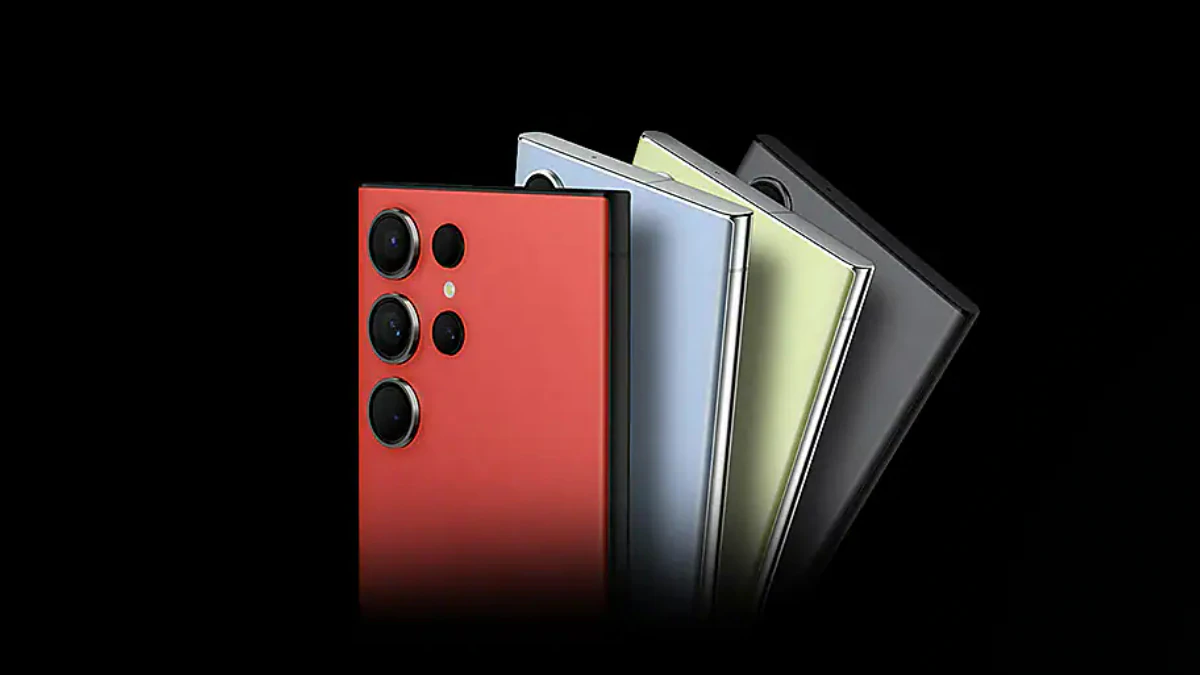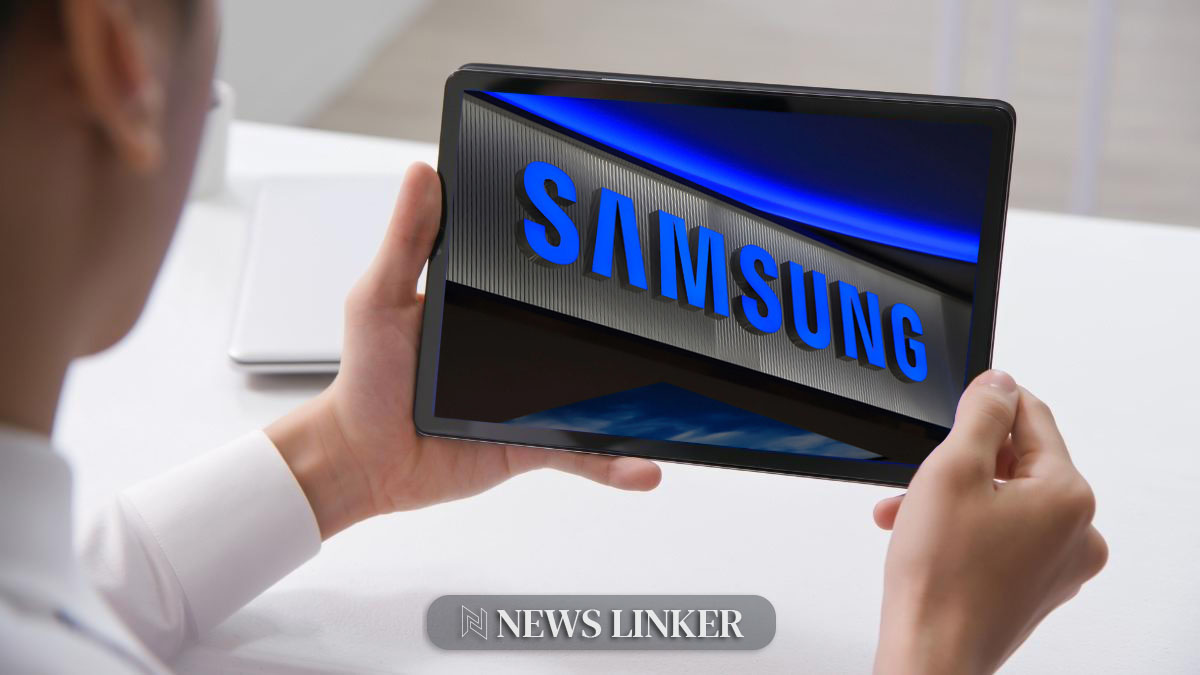Samsung‘s latest move in the smartphone arena indicates a significant shift towards integrating advanced artificial intelligence (AI) features, as the tech giant seeks to trademark “AI Phone” and “AI Smartphone” in the European Union and the UK. This strategic decision, aligned with the anticipated launch of the Galaxy S24, suggests that Samsung is positioning itself to pioneer the next wave of AI-powered smartphones, potentially transforming the industry.
The AI Pivot: More Than Just a Gimmick?
AI has been a buzzword in the tech industry for years, with various smartphone manufacturers incorporating AI elements in their devices. However, Samsung’s approach with the Galaxy S24 seems to delve deeper into AI’s potential. The company has not only applied for AI-related trademarks but also unveiled the Samsung Gauss AI platform, named after the mathematician Carl Friedrich Gauss. This platform is expected to enhance offline virtual assistance, enable automatic document summaries, and facilitate advanced image generation capabilities.

AI’s Role in Smartphone Evolution
The integration of generative AI into Samsung’s phones could mark a significant shift from AI being an auxiliary feature to a core component of the smartphone experience. This shift is not merely about adding new features but reinventing how users interact with their devices. Samsung’s Gauss, an on-device Large Language Model (LLM), could bring a range of functionalities, including sophisticated image processing and enhanced virtual assistance, setting a new standard for smartphone capabilities.
The Competing Landscape: AI as the New Frontier
Samsung’s foray into AI-driven smartphones does not exist in a vacuum. Other major players like Google and Apple have also made strides in integrating AI into their devices. For instance, Google’s Pixel series has been notable for its AI features, and Apple’s iPhones, capable of running the official ChatGPT app, also qualify as AI phones in a broader sense. However, Samsung’s explicit branding and dedicated platform development suggest a more aggressive and focused approach to AI.
With the smartphone market experiencing a slowdown in innovation, AI could be the catalyst for renewed interest and excitement. The real test for Samsung and its competitors will be how these AI features translate into practical, everyday use. While impressive on paper, the success of these AI-integrated devices will ultimately depend on their ability to enhance user experience in meaningful ways.
In this evolving landscape, Samsung’s move to trademark AI-centric terms and its development of the Gauss AI platform signals a significant commitment to AI. As the industry watches closely, the Galaxy S24 may just set the tone for the future of smartphones, where AI is not just an added feature but the cornerstone of innovation.










